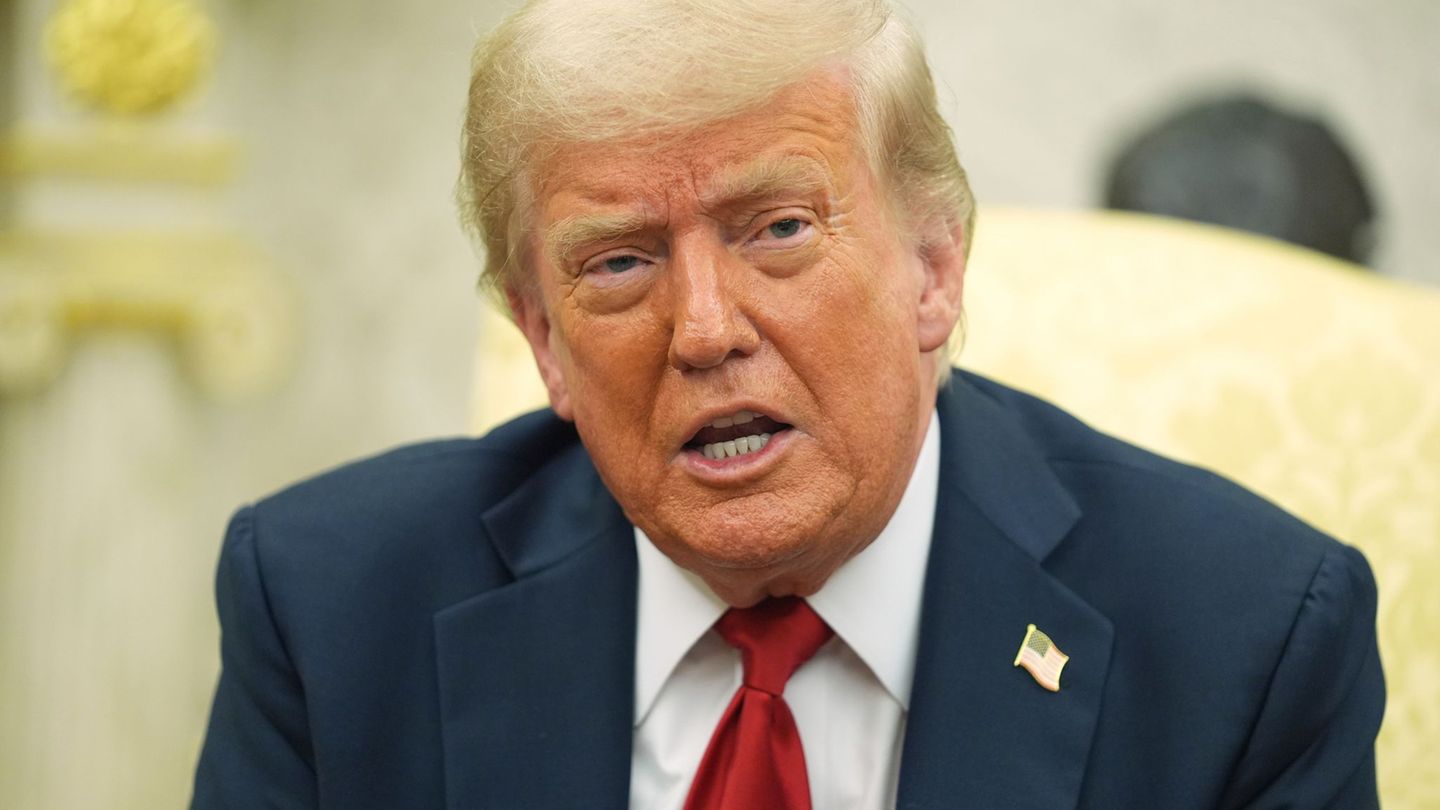In this framework, it is worth asking: What do the assets need so that the same thing does not happen to them as after the 2020 swap with private creditors? Which assets could react faster to a deal: bonds or stocks? What kind of bonds and stocks of what kind of companies?.
“With the lesson of what was the restructuring with private bondholders, I think the market is going to be a little more demanding. It will be important to analyze what type of agreement is signed, what will be the macroeconomic program and which ones will be the commitments that the Government will be willing to assume, especially in matters of fiscal consolidation, “he warned this media Lucas Caldi, Senior Analyst of Portfolio Personal Inversiones (PPI).
“If the ruling coalition manages to lay the foundations for a fiscal consolidation agreement, to reduce subsidies, to reduce the monetization of the deficit, with the intention of narrowing the current gap and making the stocks more flexible, which would tend to lead the rise is the equity (shares), which is much more volatile and in positive scenarios it tends to lead the recovery, “said the economist.
For its part, Julio Calcagnino, Market analyst at TSA Bursátil, said that, although there were times when stocks advanced even with a Country Risk remaining high, this can only be sustainable over time if at some point the indicator measured by the JP Morgan bank is couple to that improvement.
“Otherwise we end up experiencing what is called a” trading market “, where very short-term purchases and sales are made, more associated with specific news that affects the perception of risk and not with fundamentals behind the assets,” he said.
In that sense, in a scenario according to the Fund, Calcagnino sees more attractive in stocks in case “the investor (willing to risk) wants to make short-term profits.” On the contrary, “if you want a more medium-term positioning, taking advantage of opportunity prices,” he suggested taking exposure in both types of assets..
Difficult week in the local market
It is worth remembering that this week, sovereign bonds in dollars accumulated losses of up to 6%, which is why their risk-weighted average price fell to the lowest since the 2020 debt swap.
This was reflected in the Country Risk, which on Friday reached 1,872 basis points, a new record since the current securities are in force.
In parallel, the S&P Merval index measured in dollar CCL fell 5.4% in the week to settle at a four-month low.
From an optimistic perspective, where do specialists find attractive?
“In an optimistic scenario, considering that we are starting from a Merval in dollars below 400 points, I think the upside (growth potential) in this segment can be interesting,” said Caldi.
In particular, the analyst estimates that earnings could be led by the banking sector This is due, on the one hand, to the fact that it tends to lead earnings in optimistic scenarios and to lead losses in pessimistic scenarios, and, on the other hand, because in terms of valuations, banks look cheap. “This is explained, mainly, because they have high exposure to the public sector. Therefore, an agreement with the IMF that allows reducing the risk inherent in public sector assets can lead to price increases,” he explained.
The PPI member also welcomes the energy and public services sector assuming “the fund is going to get tough on reducing subsidies.” “That could be positive for companies, which would have less risk,” he said.
For short-term bets, Calcagnino also sees positioning in banks and utilities as the best option. (public services). “The latter could have significant potential if the government’s tariff segmentation implies some candor and a more economically sensible regulatory framework,” he explained.
For a more “long-term” horizon, and independent of the agreement with the IMF, it recommends more assets from exporting companies linked to the industrial sector, the agricultural sector and the energy sector.
On the fixed income side, Caldi sees that an optimistic scenario could favor bonds with less legal protection such as those under Argentine law (bonares) or the foreign law segment (global) that was issued under the new 2016 contract ( GD35, for example). It is worth remembering that these titles are the ones that tend to have the worst performance in adverse situations.
From TSA Bursátil they contemplate that with the securities there can be three scenarios: that the current situation is maintained, an improvement associated with an agreement with the IMF and a new restructuring at the end of 2023. “Averaging the attractiveness associated with each scenario, we prefer within from foreign law to GD35 and GD30, and to AL29 and AL30 within local law, “said Calcagnino.
The strong aversion to risk at the international level, in the context of the appearance of new strains of Covid-19 and the high inflation rates that could slow down the processes of economic reactivation, is one of the factors that puts pressure on assets in emerging markets .
However, Argentine stocks and bonds have been hit for a long time. Not only because of the uncertainty surrounding the negotiations with the IMF, but also because of macroeconomic imbalances. Although significant improvements appeared on the real side of the economy, in terms of exports, industrial production, and investments in key sectors, there are still problems that hinder growth in the medium and long term, such as high inflation and pressures in the field. exchange rate.
Source From: Ambito
David William is a talented author who has made a name for himself in the world of writing. He is a professional author who writes on a wide range of topics, from general interest to opinion news. David is currently working as a writer at 24 hours worlds where he brings his unique perspective and in-depth research to his articles, making them both informative and engaging.




